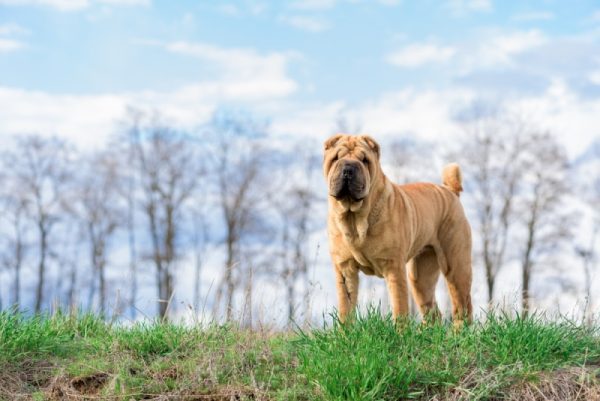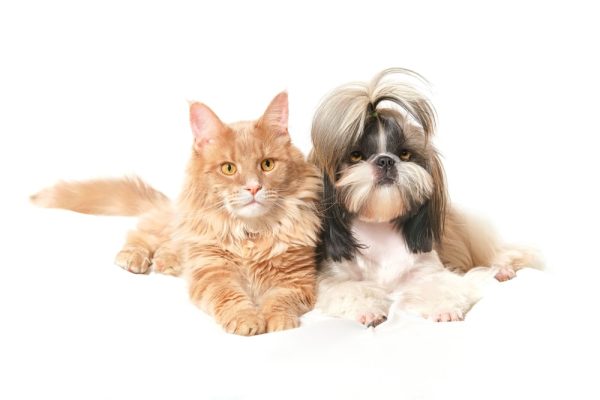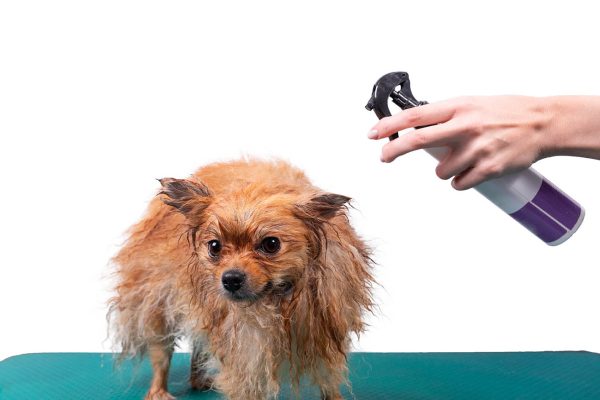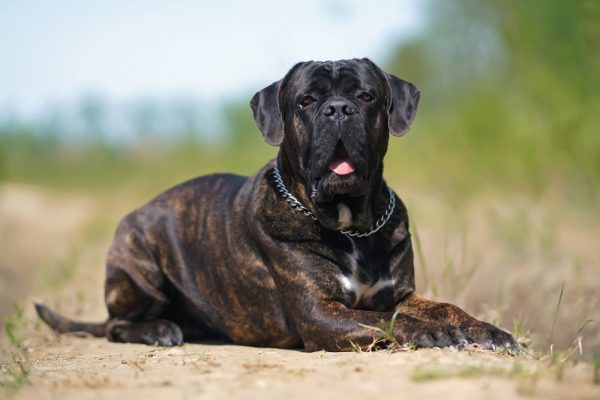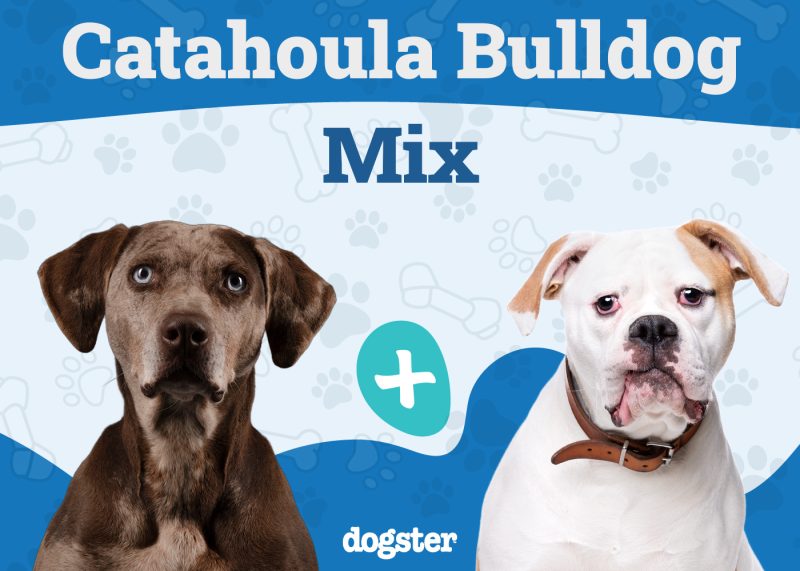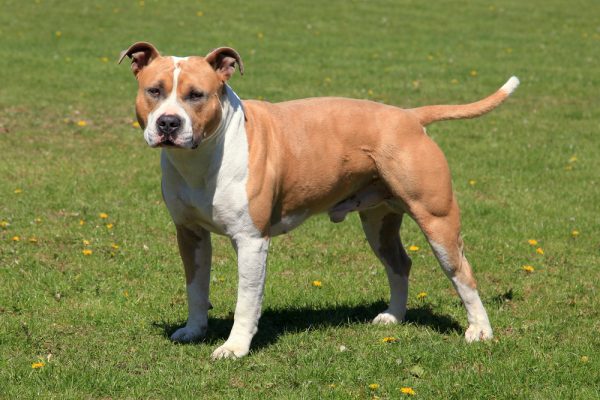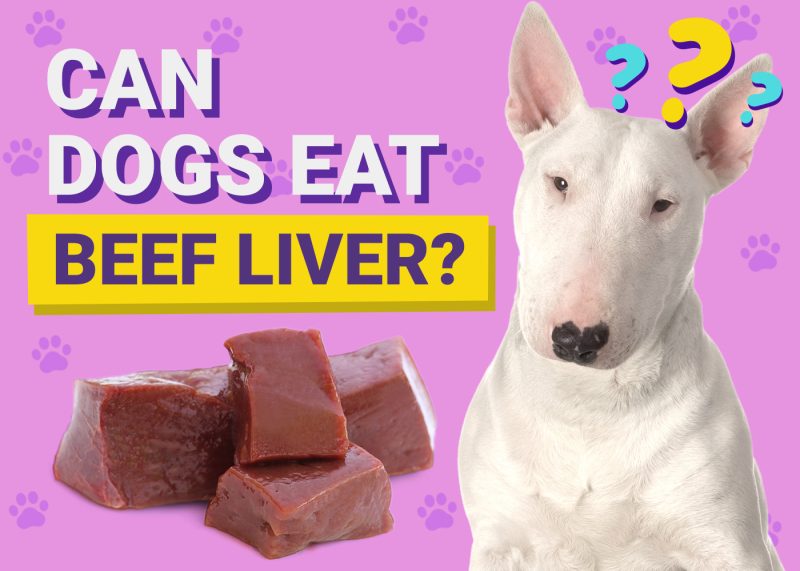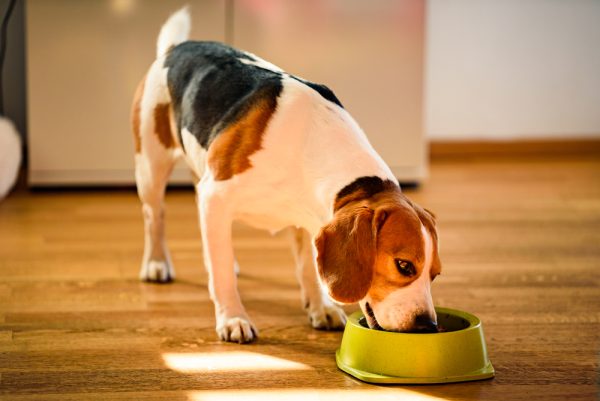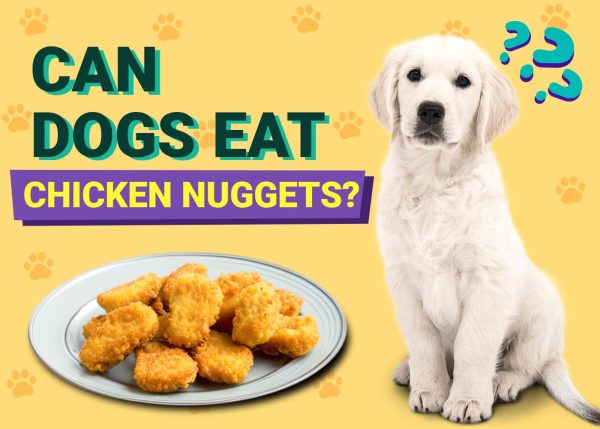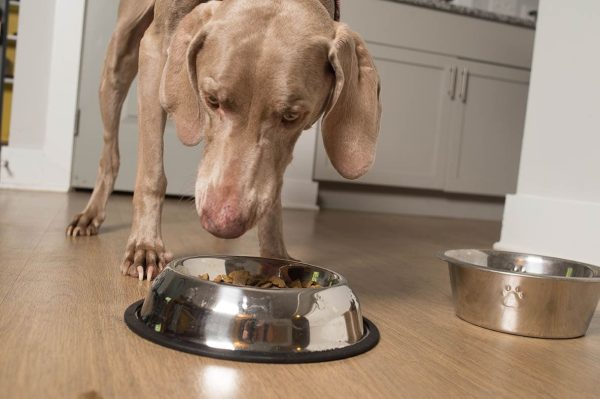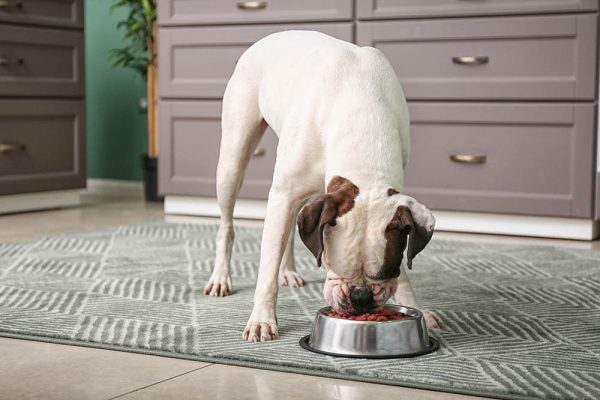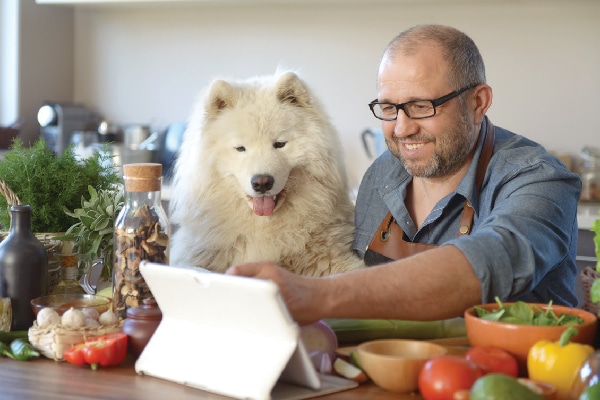In this article
View 2 More +If you enjoy relaxing with a glass of wine in the evenings, you might feel inclined to give your dog some. Their adorable begging as you sip the wine could make you question whether a small sip could do them any harm. However, you will need to think twice about this as dogs should never drink wine because it is dangerous for their health.
Even a small amount of wine could harm them, and this article will explain why.

Why Can’t Dogs Drink Wine?
Dogs should never drink wine because it contains grapes and alcohol, which are both toxic. Wine is made from fermented grapes that undergo a process that turns the juice’s sugar into alcohol. Dogs should not eat grapes, regardless of their breed, size, or overall health because they are toxic.
Furthermore, dogs are extremely sensitive to alcohol and even small amounts are toxic to dogs. Alcohol intoxication can be life-threatening for dogs, so it’s best to avoid allowing them to drink any wine. No type of wine is safe for dogs, regardless of if it’s red, white, fruity, or sparkling. Non-alcoholic wine should still be avoided because it contains grapes and low traces of alcohol.
There are many other canine-friendly liquids you can let your dog drink that don’t put their health at risk. You could try giving them a dog-specific bone broth, or make them a dog-safe smoothie in replace of wine. Dogs should always have fresh, clean water available at all times for hydration.
If you need to speak with a vet but can't get to one, head over to PangoVet. It's our online service where you can talk to a vet online and get the advice you need for your pet — all at an affordable price!
Dangers of Wine for Dogs
Here are two main dangers to be aware of before allowing your dog to drink wine.
1. Alcohol Intoxication and Toxicosis
Unlike most humans, dogs cannot process alcohol well. Dogs are very sensitive to the effects of alcohol, and small amounts put them at risk of intoxication or a medical emergency. The severity of a dog’s alcohol intoxication will depend on several factors such as their weight, last meal, overall health, and age. You may notice various behavioral and clinical signs of alcohol intoxication in dogs shortly after ingestion.
- Vomiting
- Nausea
- Increased thirst
- Lethargy
- Dehydration
- Respiratory depression
- Disorientation
- Staggering
- Decreased reflexes
2. Grape Toxicity
Grapes are toxic to dogs and should never be offered in any form, even as wine. Grape toxicity is linked to kidney damage in dogs, although the exact reason why is still unclear. However, it could be from the tartaric acid in the grapes. Signs of grape toxicity typically show within 72 hours after ingestion. This means that your dog might be more likely to suffer the effects of alcohol intoxication before grape toxicity.
- Weakness
- Loss of appetite
- Vomiting
- Increased thirst
- Changes in urination
- Diarrhea
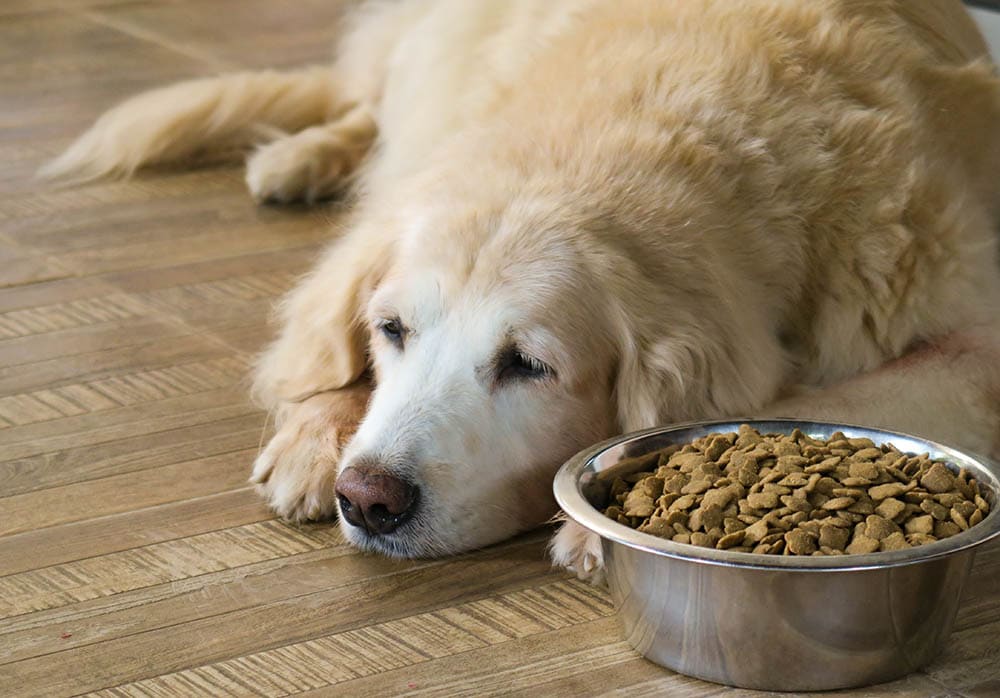

Frequently Asked Questions (FAQ)
What Can Happen If a Dog Drinks Wine?
Wine can seriously harm your dogs and even a few licks of it could be life-threatening. Although you might think that a few licks of wine won’t harm your dog, it could. Alcohol can have a different effect on dogs depending on how much of it they drink, their age, size, and when last they ate. However with grape toxicity, it seems that the toxic effects are not dose dependent, meaning that a little can cause serious problems in some dogs, but there is no way of predicting how your dog will respond.
Most dogs start experiencing the effects of the wine within an hour after drinking it. If they have recently eaten, then the alcohol may take longer to get absorbed. They may first experience gastrointestinal problems, such as abdominal pain, vomiting, and diarrhea. If they become intoxicated from the alcohol, you will notice behavior changes such as tremors, incoordination, or lethargy.
In serious cases, dogs can die from alcohol toxicosis or grape toxicity. Dogs suffering from alcohol toxicosis are at risk of dying from respiratory distress and low blood sugar. Alcohol and grapes can also be harmful to a dog’s kidneys and potentially lead to kidney failure.
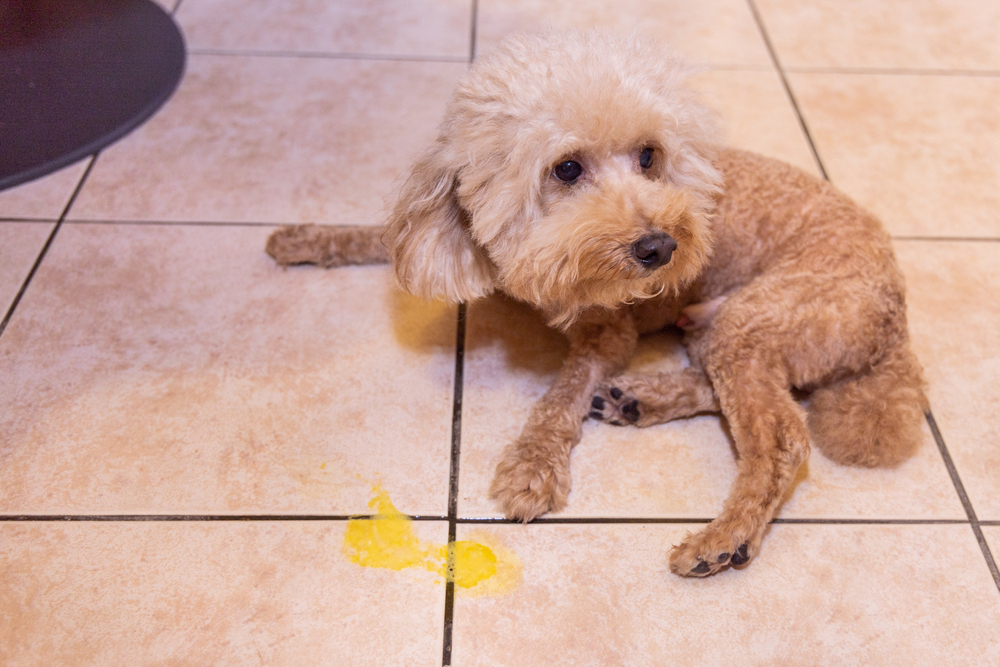
Can Dogs Drink Non-Alcoholic Wine?
Dogs should not drink non-alcoholic wine, simply because it still contains grapes and traces of ethanol. Non-alcoholic wines usually have an alcohol content of less than 0.5% by volume. The alcohol in wine is not the only concern for dogs as it still contains grapes, which are toxic to dogs. There are no safe wines to give to dogs, regardless of how it has been processed or its quality.

Final Thoughts
Wine is not safe for dogs to drink and should never be offered. They would be at risk of alcohol intoxication and alcohol or grape toxicosis. Dogs reap no benefits by drinking wine and even a small amount of wine could be fatal. Dogs are sensitive to alcohol, and it can do serious harm to them even if they are a large breed or healthy.
If your dog has ingested wine, regardless of how much, you should contact a veterinarian. However, if your dog is showing signs of alcohol intoxication or toxicosis after drinking wine, they should be taken to an emergency vet.
- See Also: Can Dogs Drink Apple Juice?
Featured Image Credit: Africa Studio, Shutterstock


